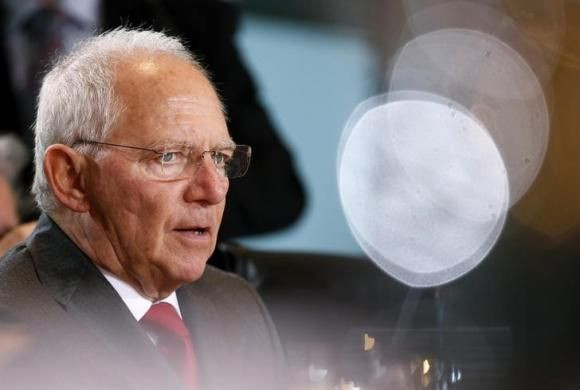Germany Opposes G20 Fiscal Stimulus, Warns Of Financial Volatility

German Finance Minister Wolfgang Schaeuble opposed any fiscal stimulus plan from the Group of 20, and reportedly said Friday that the space for easing monetary policy further was exhausted. Speaking hours before the G-20 summit in Shanghai, Schaeuble said global policymakers need to focus on structural reforms to grow the real economy.
Warning that using debt to fund growth just leads to "zombifying" economies, Schaeuble said Germany did not agree with other G-20 member states that have called for more stimulus if the global slowdown worsens.
"The debt-financed growth model has reached its limits. It is even causing new problems, raising debt, causing bubbles and excessive risk taking, zombifying the economy," he reportedly said, adding that “talking about further stimulus just distracts from the real tasks at hand."
Higher government spending and accommodative monetary policies have had mixed results in the last year, while pushing public and private debt levels higher, according to Schaeuble. "Fiscal as well as monetary policies have reached their limits. If you want the real economy to grow there are no shortcuts which avoid reforms," he said.
Schaeuble’s statements could potentially see many challengers as U.S. Treasury Secretary Jacob J. Lew reportedly made comments before the Shanghai summit that the U.S. would like to see other G20 nations loosening their purse strings to stoke demand, while China’s central bank governor said the People's Bank of China still has room and tools in its monetary policy to deal with potential downside risks to its economy.
A report published by the International Monetary Fund Wednesday, called for a world-wide stimulus program to support a slowing global economy. “Policymakers can and should act quickly to boost growth and plan to contain risks,” the note urged.
However, on Friday, the German finance minister pointed that the slide in oil prices has already offered a "huge" stimulus for demand. He also said that the expansive fiscal and monetary policies implemented by governments to spur growth might have laid the foundation of the next economic crisis.
© Copyright IBTimes 2024. All rights reserved.





















